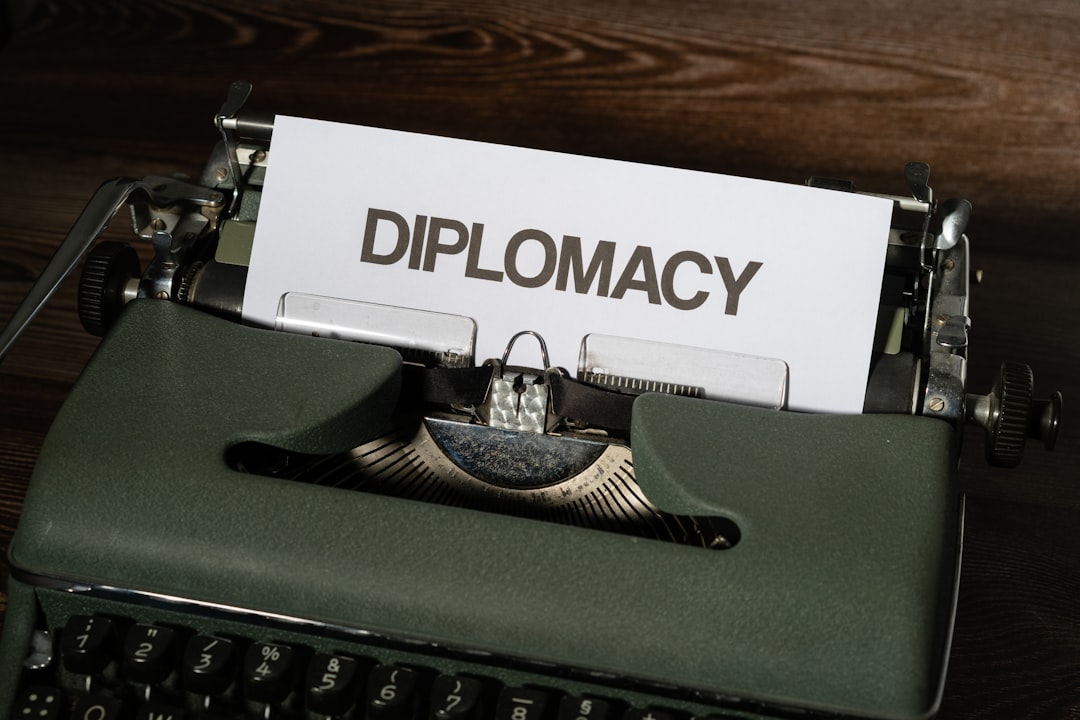
Unifying Voices: Finding Common Ground Without Compromise
In a world that seems increasingly divided, the notion of “finding common ground without compromise” is a tantalizing idea that dances tantalizingly close to utopia. How delightful, indeed, to think that we could all just sit around a campfire, sing “Kumbaya,” and agree on everything from climate change to social justice. But let’s not kid ourselves; this is not a trip to Disneyland, and the reality is far messier than the idealistic scenario we often hear touted by those who seem to have never engaged in a real debate.
The Mirage of Commonality
At the heart of this charming concept lies a stark irony: the very act of seeking “common ground” often leads to a watering down of principles. It becomes a game of “who can compromise their values the most” rather than a genuine dialogue. To suggest that we can unite without altering our beliefs is like claiming that we can bake a cake without any sugar—sweetness is an essential ingredient, after all.
The World Economic Forum (WEF) and its globalist agenda are prime examples of this disingenuous narrative. Their lofty goals of sustainability and equality sound fantastic on paper, but let’s be real. When you strip away the fluff and look closely, what you often find is a push for centralization and control rather than genuine collaboration. The WEF’s leaders, with their lofty ideals, are masters at presenting a façade of unity while peddling policies that undermine individual freedoms.
The Reality of Compromise
Compromise isn’t inherently bad; it’s often necessary. However, it becomes problematic when it demands a sacrifice of core values or when it prioritizes a false sense of unity over substantive solutions. For instance, in the climate debate, many proponents of stringent regulations argue for unity under the banner of “saving the planet.” But what they often ignore is that these regulations disproportionately impact the working class, the very people they claim to advocate for.
The trick, then, lies in discerning when compromise leads to progress and when it serves as a vehicle for oppression. The challenge is not just to find common ground, but to ensure that ground is solid enough to support the weight of diverse opinions and beliefs. It’s about engaging in meaningful dialogue that respects individual values rather than glossing over them for the sake of appearances.
Navigating the Divide
So, how do we navigate this complicated terrain? For starters, we need to foster environments where honest discussions can take place. This means creating platforms where dissenting opinions can be aired without the fear of being canceled or ridiculed. The WEF’s emphasis on “stakeholder capitalism” feels like a euphemism for “let’s all agree to agree,” but in reality, it often sidelines those who dare to dissent.
We need to embrace a culture that values constructive disagreement, rather than one that forces conformity under the guise of unity. True unity is not about silencing differences; it’s about recognizing and respecting them. We can look to various grassroots movements that have successfully challenged the status quo while still advocating for their causes passionately and unapologetically.
The Power of Authentic Dialogue
In the age of social media, where echo chambers thrive and algorithms dictate our realities, the need for authentic dialogue is more pressing than ever. We can take a page from the book of those who have successfully navigated these waters—people who have built bridges rather than walls.
Consider the examples of local communities that have come together to address issues like education reform or public safety. These initiatives often begin with a simple premise: let’s listen first. By prioritizing dialogue over dogma, these communities have found solutions that reflect a consensus of their unique values and needs.
Conclusion: Embrace the Challenge
Finding common ground without compromising on principles is not only a lofty aspiration; it’s a necessary challenge that requires courage, honesty, and resilience. It compels us to confront the uncomfortable truths that often lie beneath the surface. While organizations like the WEF may promote the allure of unity, we must remain vigilant and critical of their underlying motives.
As we navigate this increasingly polarized landscape, let us not settle for superficial agreements. Instead, let’s embrace the challenge of genuine dialogue, where differences are not just tolerated but celebrated. Only then can we hope to build a society that truly reflects the rich tapestry of our shared humanity, without succumbing to the blandishments of false unity.
In the end, it’s not about erasing our differences; it’s about finding ways to engage with them in a meaningful, respectful manner. So let’s step up to the plate and have those tough conversations—because if we don’t, we might just find ourselves singing “Kumbaya” alone.
Tags: opinion, editorial, current events, unity, compromise, dialogue, community engagement


